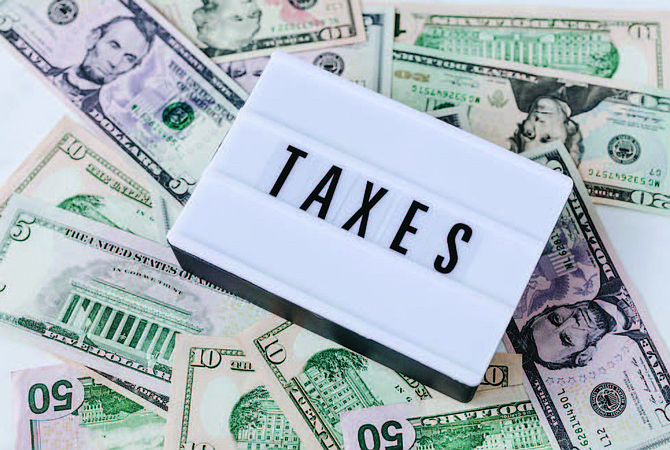IRS makes it easier to set up payment agreements; offers other relief to taxpayers struggling with tax debts
According to the IRS, revised COVID-related collection procedures will be helpful to taxpayers, especially those who have a record of filing their returns and paying their taxes on time.
The IRS assessed its collection activities to see how it could apply relief for taxpayers who owe but are struggling financially because of the pandemic, expanding taxpayer options for making payments and alternatives to resolve balances owed.
“The IRS understands that many taxpayers face challenges, and we’re working hard to help people facing issues paying their tax bills,” said IRS Commissioner Chuck Rettig. “Following up on our People First Initiative earlier this year, this next phase of our efforts will help with further taxpayer relief efforts.”
“We want people to know our IRS employees are committed to continue helping taxpayers wherever possible, including offering many options for those struggling to pay their tax bills,” said Darren Guillot, the IRS small business/self-employed deputy commissioner for collection and operations support. Guillot discussed the new relief options in a new edition of IRS “A Closer Look.”
Taxpayers who owe always had options to seek help through payment plans and other tools from the IRS, but the new IRS Taxpayer Relief Initiative is expanding on those existing tools even more.
The revised COVID-related collection procedures will be helpful to taxpayers, especially those who have a record of filing their returns and paying their taxes on time. Among the highlights of the Taxpayer Relief Initiative:
• Taxpayers who qualify for a short-term payment plan option may now have up to 180 days to resolve their tax liabilities instead of 120 days.
• The IRS is offering flexibility for some taxpayers who are temporarily unable to meet the payment terms of an accepted Offer in Compromise.
• The IRS will automatically add certain new tax balances to existing Installment Agreements. The approach will occur instead of defaulting the agreement, which can complicate matters for those trying to pay their taxes.
• To reduce burden, certain qualified individual taxpayers who owe less than $250,000 may set up Installment Agreements without providing a financial statement or substantiation if their monthly payment proposal is sufficient.
• Some individual taxpayers who only owe for the 2019 tax year and who owe less than $250,000 may qualify to set up an Installment Agreement without a notice of federal tax lien filed by the IRS.
• Additionally, qualified taxpayers with existing Direct Debit Installment Agreements may now be able to use the Online Payment Agreement system to propose lower monthly payment amounts and change their payment due dates.
“If you’re having a tax issue, don’t go silent. Please don’t ignore the notice arriving in your mailbox,” Guillot said. “These problems don’t get better with time. We understand tax issues and know that dealing with the IRS can be intimidating, but our employees really are here to help.” For more information, visit https://www.irs.gov/about-irs/irs-offers-new-relief-options-to-help-taxpayers-affected-by-covid-19
Latest Stories
- ATTORNEY GENERAL RAOUL CHARGES WOMAN FOR STEALING NEARLY $250,000 THROUGH STATE TREASURER FRERICHS’ UNCLAIMED PROPERTY PROGRAM
- Black American Contractors Excluded from Federal Contracts with GSA are Sounding the Alarm
- Customers urged to stay connected if they are behind on bills Residential heating bills were $75 lower this winter
- UNCF – THE UNITED NEGRO COLLEGE FUND – ANNOUNCES QUARLES’ STEVEN HUNTER TO CHAIR 2024 “A MIND IS…” (AMI) GALA CHICAGO
- MAYOR JOHNSON ANNOUNCES PROPOSED CITY ASSISTANCE FOR FOUR LOOP ADAPTIVE RE-USE PROJECTS
- HEALTH GROUPS FILE SECOND LAWSUIT AGAINST THE US FDA
- Second Annual African American Conference: Releasing The Silence and RACEing into Action Against Alzheimer's and Dementia
- Applications Are Open For The University Of Chicago’s Youth Internship Program
- She Owns It, She Biz Conference Set For May 17th
- African American Owned Bowa Construction Leading Home Court Project
Latest Podcast
Sydney Blaylock-The local skater with national experience

